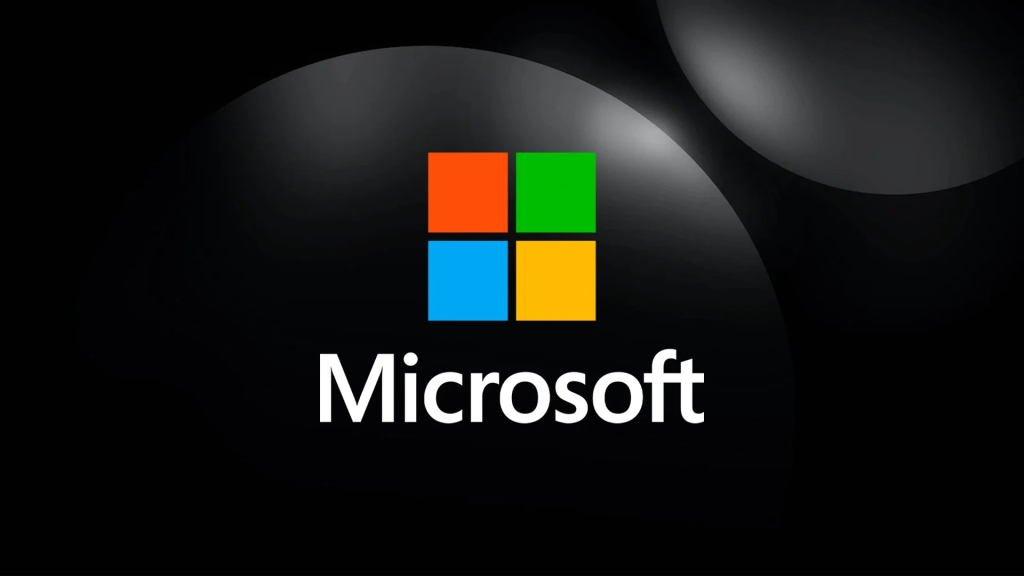Microsoft (MSFT) on Tuesday debuted a host of new AI features during its Build conference in Seattle, including OpenAI’s new GPT-4o, a trio of small language models, and Microsoft’s new Cobalt 100 CPU.
The announcements come as Silicon Valley turbocharges its AI investments and tech giants like Microsoft, Google (GOOG, GOOGL), Amazon (AMZN), Meta (META), and Apple (AAPL) race to outmaneuver one another during the biggest tech scramble in years.
Microsoft offering OpenAI’s GPT-4o through its Azure AI Studio was the company’s biggest announcement on Tuesday.
The model, which OpenAI debuted during a live-streamed event last week, is multimodal and can understand inputs via text, audio, and video. That demo has since become embroiled in controversy after actress Scarlett Johansson on Monday demanded the company change the voice of its chatbot, which OpenAI featured answering questions.
Microsoft’s news also comes a week after Google debuted a slew of AI products during its I/O developers conference, including a new version of Google Search with generative AI-based responses to users’ queries.
Microsoft said users will now be able to develop their own copilots — essentially AI-powered programs — using GPT-4o to make apps that can respond to images, voice, and text. The Windows maker also said it will make its preview of Copilot in Azure available to all customers in the next couple of weeks.
Microsoft also showed off its Phi-3-small, Phi-3-medium, and Phi-3-vision small language models. Designed to run on devices, the Phi-3 models don’t need to connect to the web, allowing users to access them in environments where they otherwise wouldn’t be able to run cloud-based models like GPT-4o.
Phi-3-vision is especially interesting, as it allows users to input images and text and then receive information about them via text outputs. So, for example, users will be able to do things like ask questions about charts, graphs, or images without needing to jump online.



